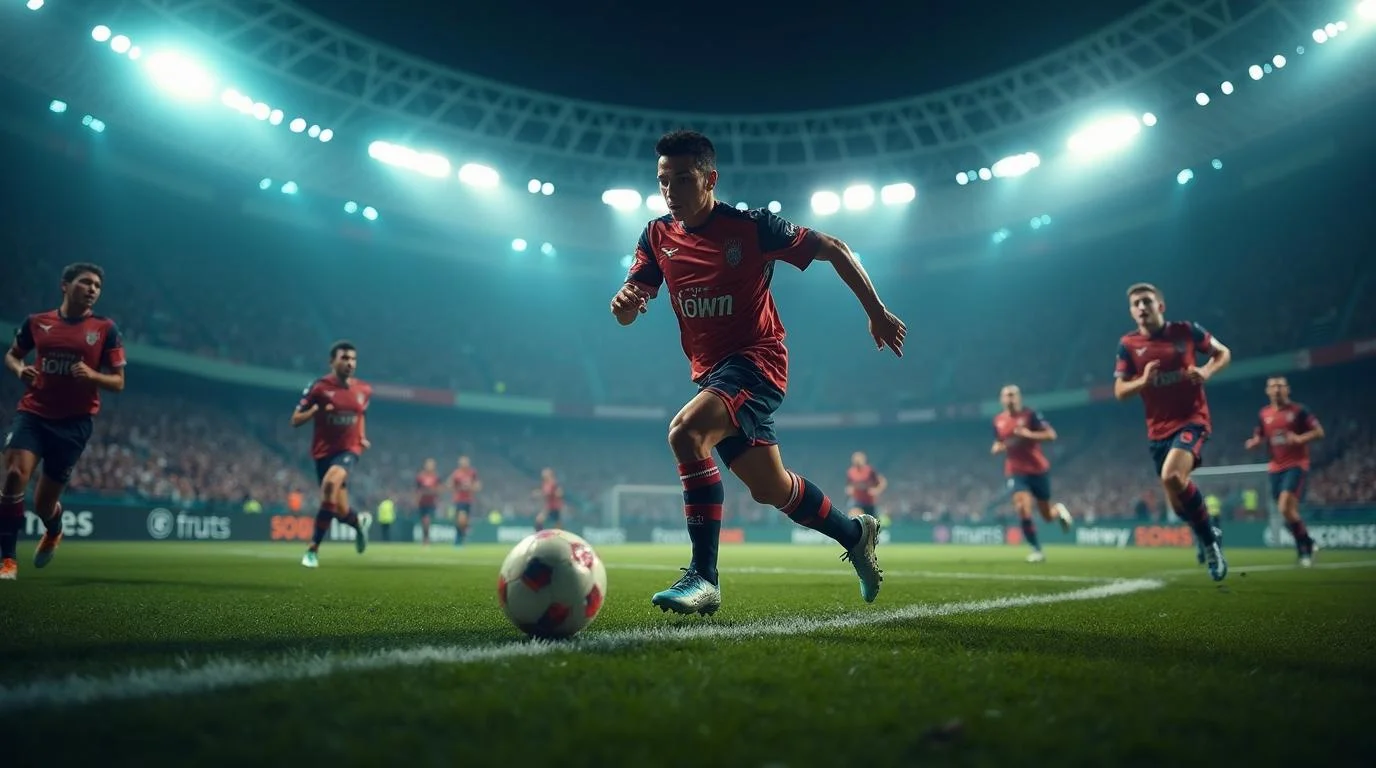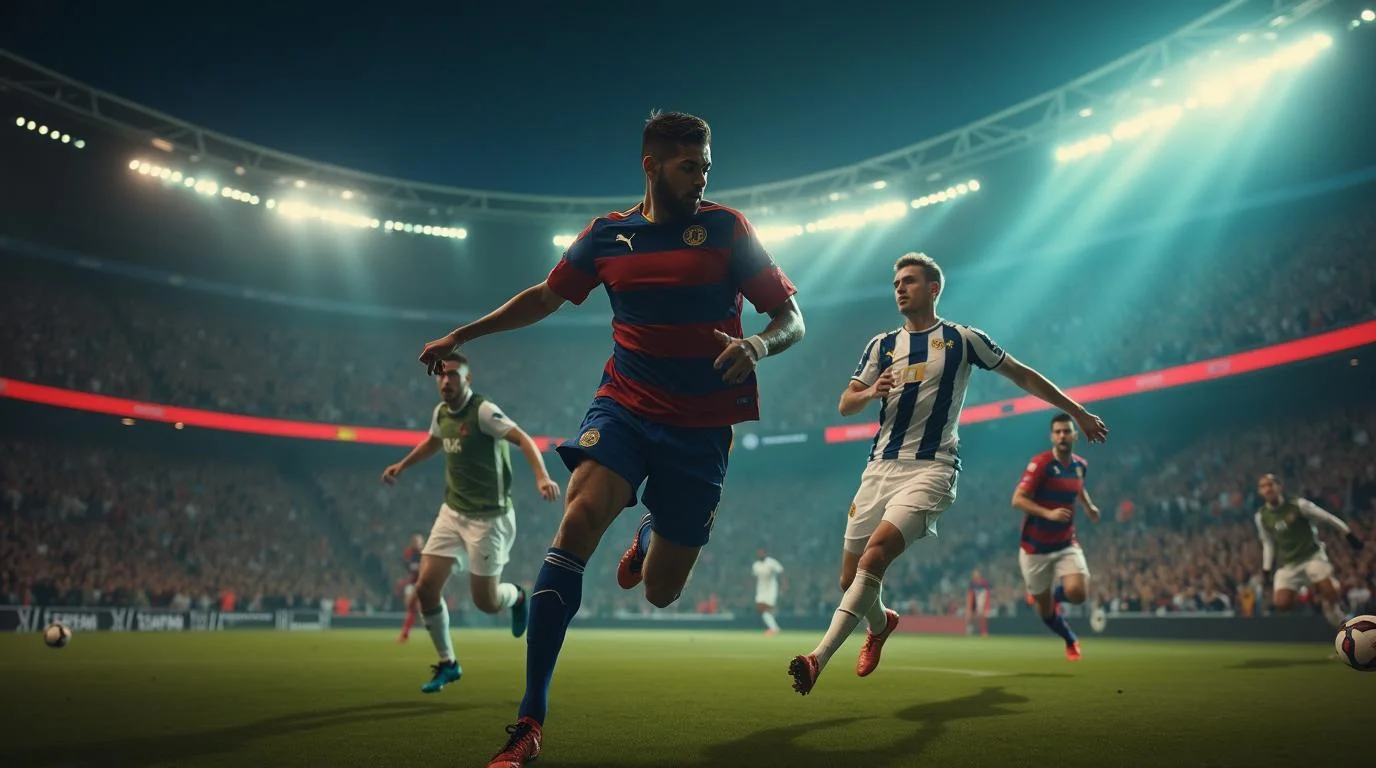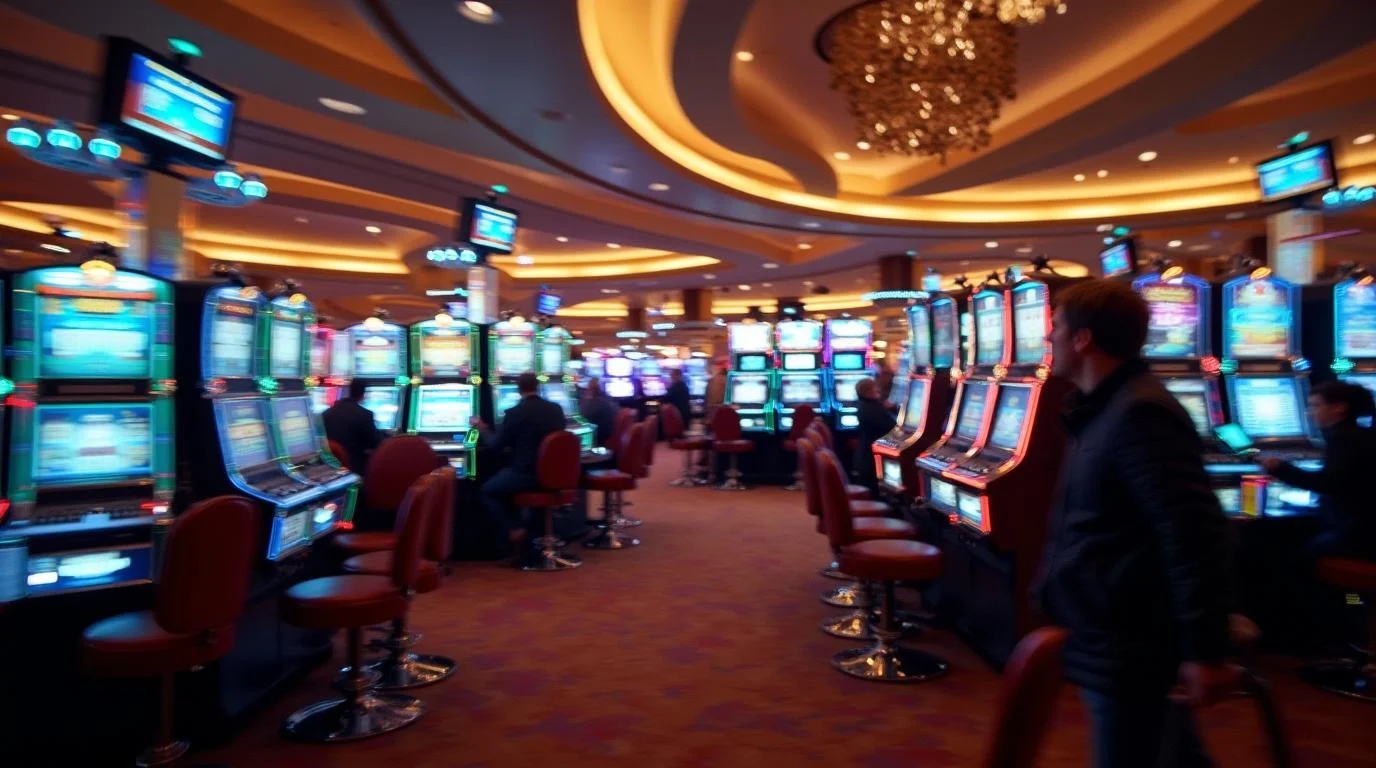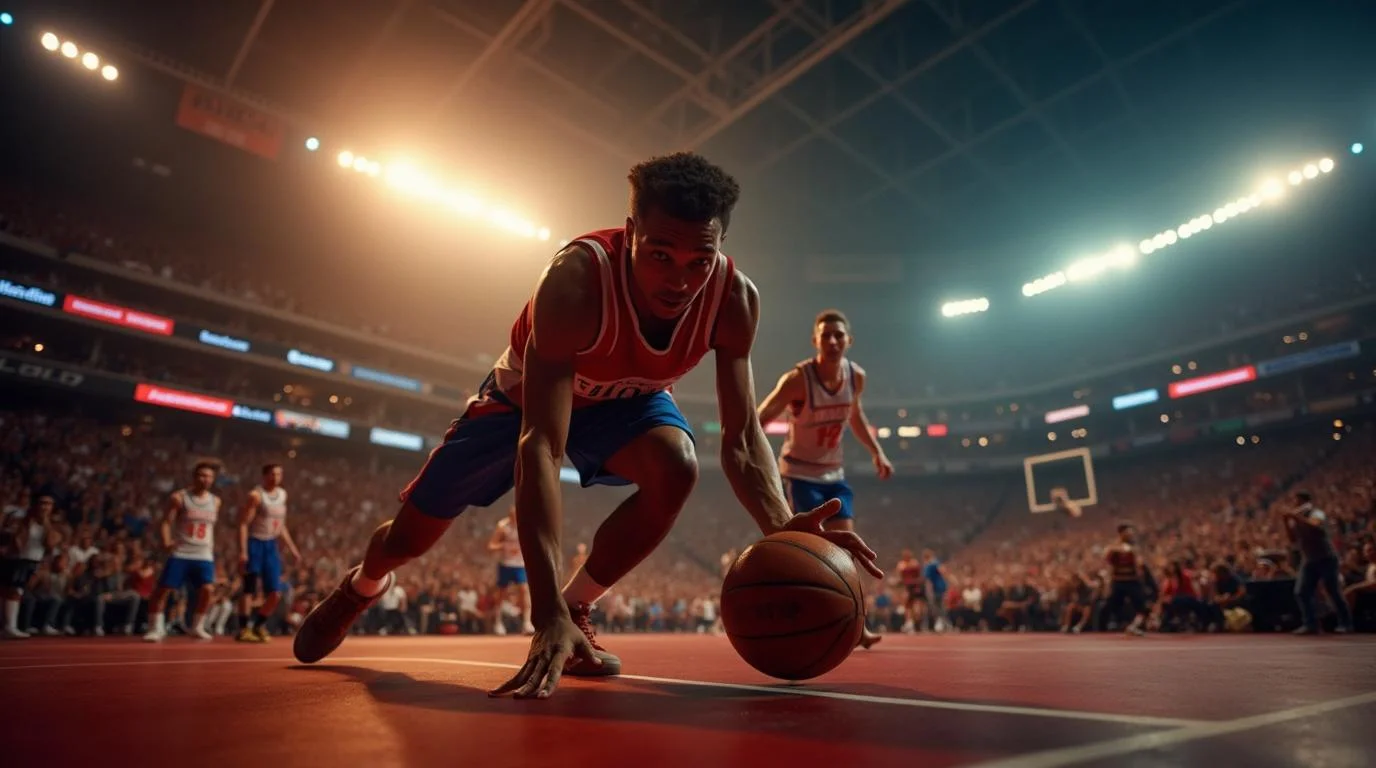Light & Wonder Delisted From Nasdaq, Faces Aristocrat Lawsuit
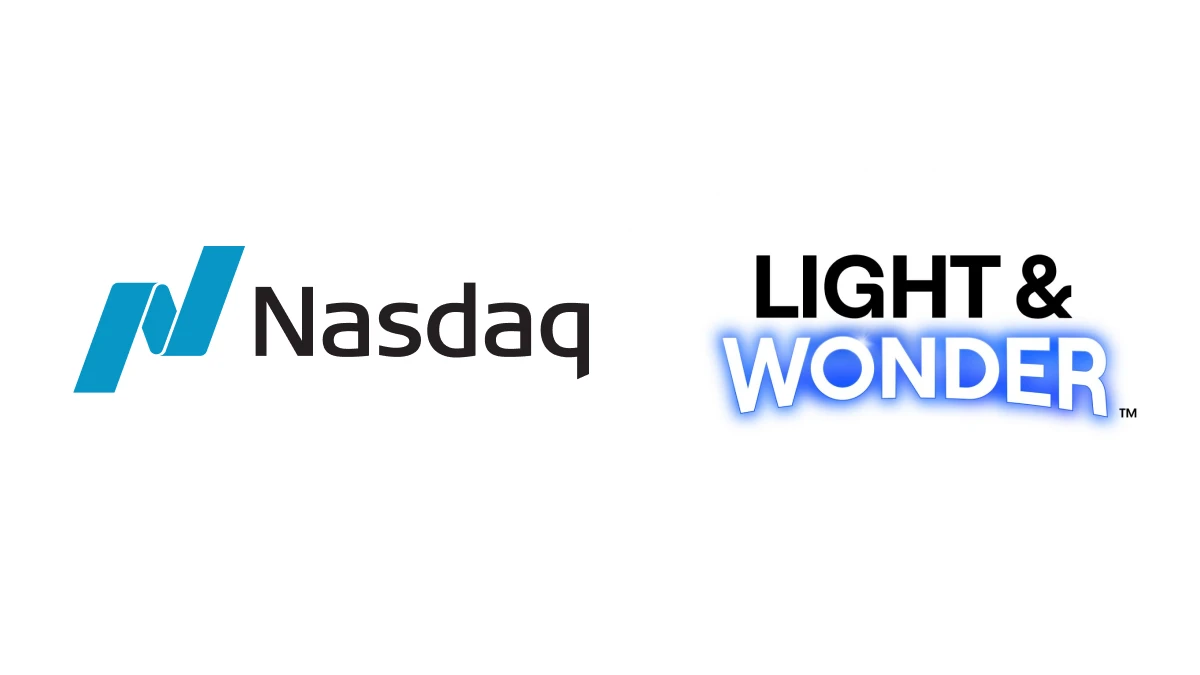
1.0
Default
Light & Wonder has recently announced that it is removing itself from Nasdaq and is planning to have a sole listing on ACX, the Australian Securities Exchange. But amid its plans, Light & Wonder is also facing a lawsuit from Aristocrat for copyright infringement and trade misappropriation centering on the Dragon Link casino game developed by Aristocrat.
Light & Wonder, the global cross-platform gaming provider, is preparing to delist from the Nasdaq stock exchange as part of a strategic shift aimed at maximizing shareholder value. The company will instead maintain a sole listing on the Australian Securities Exchange, where it has been steadily growing its market presence.
The Las Vegas-headquartered gaming giant revealed it engaged investment banks Goldman Sachs and Jarden Australia to evaluate the move. After an extensive operational review, Light & Wonder's board of directors approved the delisting, which is expected to take place by the end of November.
President and Chief Executive Officer Matt Wilson expressed confidence in the plan. "I have confidence in our strategy as we continue to execute our long-term blueprint, which will continue to drive quality of earnings and sustainable value both operationally and financially," Wilson said. Light & Wonder's US share price has slipped more than 10% year-to-date. Since its 2023 ASX debut, the company has significantly expanded its share capital on the exchange, from 17% at listing to 37% by July of 2025.
Legal battle with Aristocrat looms
The decision to leave Nasdaq comes as Light & Wonder faces legal turbulence at home. Australian slot manufacturer Aristocrat has filed a lawsuit in Nevada accusing Light & Wonder of copyright infringement, misappropriation of trade secrets, and misleading trade practices.
The dispute centers on Aristocrat's popular Dragon Link casino title. Aristocrat alleges Light & Wonder deliberately recruited former Aristocrat executives and designers to replicate the title's mechanics and appearance. In response, Light & Wonder insists its contested games were developed independently over several years with original innovation. Aristocrat has since expanded its lawsuit to include other Light & Wonder titles. The company is seeking monetary damages and an injunction, with a trial scheduled for 2026.
Despite the legal headwinds, Light & Wonder continues to invest in shareholder returns. In June of 2024, the board approved a $1 billion share repurchase program over the span of three years. Chief Financial Officer Oliver Chow reported that the plan is already 55% complete, with $100 million in shares bought back during Q2 2025 alone.
Since 2022, Light & Wonder has returned a total of $1.3 billion to various shareholders. David Katz, a Wall Street analyst, estimates that once the company is solely listed on the ASX, its market capitalization could approach $8 billion.
Mixed financial results in Q2
For the second quarter of 2025, Light & Wonder reported revenue of $809 million, a slight drop from $818 million in the same quarter last year. The decline was primarily driven by lower results in the company's SciPlay and gaming divisions.
However, the iGaming segment posted year-over-year growth, generating $81 million compared to $74 million in Q2 2024. AEBITDA for the quarter rose to $663 million, up from $610 million a year earlier. Net income reached $96 million, marking a 16% increase.
Light & Wonder is also eyeing new markets. The company recently secured a vendor license from the United Arab Emirates' General Commercial Gaming Regulatory Authority, paving the way for its products to enter the emerging UAE gaming market.
As the company prepares to leave the Nasdaq, management remains focused on executing its growth strategy while navigating ongoing legal disputes. Whether its sole ASX listing will provide the streamlined focus and investor confidence it seeks remains to be seen, but Light & Wonder is betting heavily on the move to deliver sustainable long-term gains.










